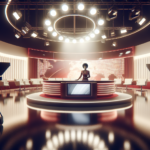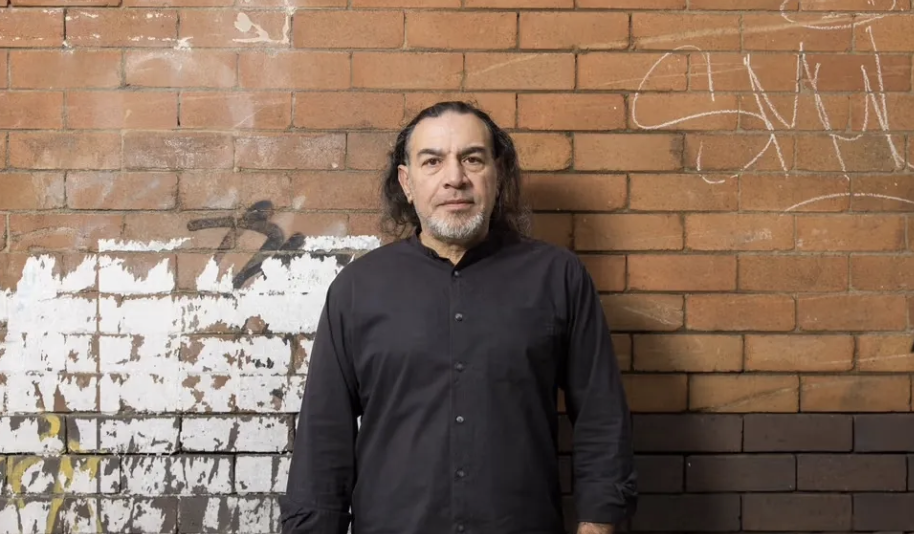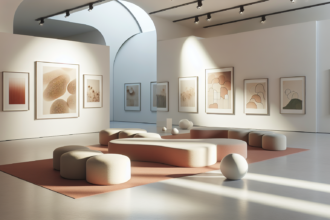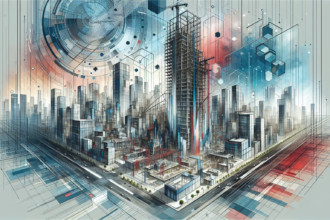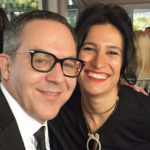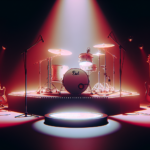Khaled Sabsabi has spoken out about the emotional distress and career damage he has suffered after being dropped as Australia’s representative at the 2026 Venice Biennale. In a rare interview, the Sydney-based artist criticized Creative Australia, the country’s arts funding body, for not allowing him to defend against what he calls “misinformation” about his art. “It’s devastating—physically, intellectually, and emotionally,” Sabsabi said, describing his feelings since the decision.
He revealed that he has been unable to sleep well in the aftermath. The decision to drop Sabsabi and curator Michael Dagostino came just days after they were announced as Australia’s representatives. It followed a series of articles in The Australian newspaper that implied two of Sabsabi’s early works glorified terrorism.
Sabsabi strongly refuted these claims. The works in question featured images of Hassan Nasrallah, the deceased former Hezbollah leader, and jumbled footage of the Twin Towers’ destruction on 9/11. However, Sabsabi insists the works were about the brutality of war and propaganda, not an endorsement of terrorism.
“All they had to do was visit the institutions that have shown those works and ask for artist statements. It would have been clear these works are about the brutality of war and propaganda,” Sabsabi said. “Anyone who knows my work understands what I stand for.
Artistic integrity amid controversy
I don’t stand for any form of hate.”
Despite the setback, Sabsabi and Dagostino are determined to proceed with their original idea for the Venice project. While the details remain confidential, Sabsabi hinted that it will represent “an inclusive place.”
Sabsabi was initially silent after Creative Australia’s decision but is now speaking out in hopes of preventing other artists from experiencing similar issues.
“We are in a moment of crisis [in the arts sector],” he explained. “If art is politicised and decontextualised and used as a tug of war between political ideas, that’s a dangerous moment.”
Creative Australia has since paid Sabsabi 90% of his fee for the Venice Biennale, as required by his contract. Dagostino has also been compensated.
Sabsabi believes the best resolution would be a public apology from Creative Australia and their reinstatement for the Biennale. “They have allowed the mischaracterisation of him as a terrorist sympathiser to go unchecked,” said Josh Milani, who represents Sabsabi in Brisbane, in a media statement. “He is against terrorism and violence in all its forms.
Creative Australia has not cleared Khaled’s name, and misinformation about him persists.”
In response to the controversy, a Monash University spokesperson mentioned a need for deeper collaboration and engagement, leading to the postponement of an exhibition featuring Sabsabi’s work. Creative Australia declined to comment on whether it would reconsider Sabsabi and Dagostino’s reinstatement or select another artist for Venice while a review into their selection process is underway. CEO Adrian Collette previously stated that the decision to drop Sabsabi was “not a reflection on the artistic team recommended for Venice.”
The art community continues to rally around Sabsabi, with figures such as Archie Moore and the National Association for the Visual Arts speaking out in his support.
Meanwhile, the artist and Dagostino have launched a crowdfunding campaign to finance their Venice project independently.






